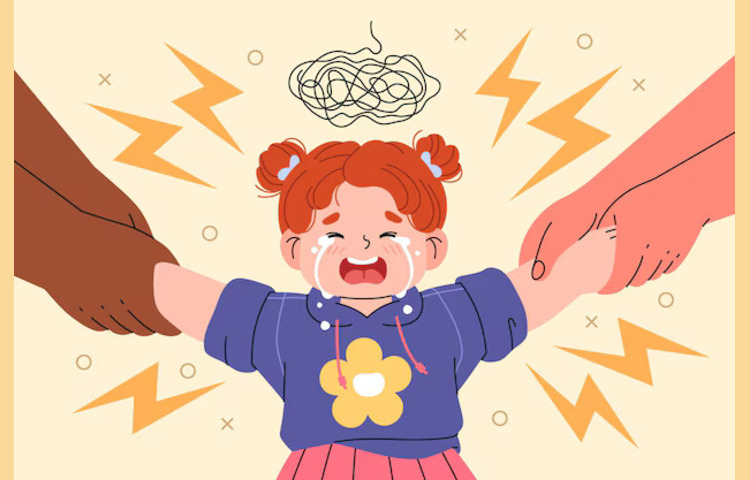“Kerala High Court Upholds Custody Arrangement, Emphasizes Child Welfare in Matrimonial Appeal”
May 29, 2024 2024-07-05 15:12“Kerala High Court Upholds Custody Arrangement, Emphasizes Child Welfare in Matrimonial Appeal”

“Kerala High Court Upholds Custody Arrangement, Emphasizes Child Welfare in Matrimonial Appeal”
By Shazia Siddiqui
In a recent case before the Kerala High Court, a Matrimonial Appeal brought into focus a contentious issue surrounding the custody and guardianship of a minor daughter. The appeal stemmed from a dispute initially heard by the Family Court, where the father had petitioned for custody and guardianship rights over his daughter, who was a minor at the time. The Family Court’s decision, which was contested in the appeal, had declined to grant full custody to the father but had instead awarded him limited visitation rights. These rights allowed for scheduled audio or video calls on specific days, custody during his leave periods as a sailor in the Merchant Navy, and specified durations during holidays such as Onam, Christmas, and summer breaks.
Central to the appeal was the Family Court’s determination that while the father deserved to maintain contact with his daughter, full custody was not granted due to considerations that were discussed during the hearings. The appellant, the child’s mother, contested this decision, arguing that the limited visitation rights granted were inadequate and did not sufficiently consider the best interests of the child.
Upon review, the Kerala High Court addressed several critical aspects of the case. It reiterated the principle that in matters of child custody, the welfare of the child is of paramount importance, a principle enshrined in various international conventions and national laws. The court underscored that decisions regarding custody and visitation rights should be made with the sole objective of promoting the child’s best interests, irrespective of the desires or conflicts between the parents involved.
The High Court emphasized that every child has an inherent right to the love, care, and affection of both parents, stressing the psychological and emotional benefits of maintaining meaningful relationships with both sides of their family. It further recognized the challenges faced by non-custodial parents, particularly in cases involving professions that require extended periods away from home, such as the father’s occupation in the Merchant Navy.
Moreover, the court acknowledged the complexities inherent in custody disputes, especially when parental relationships are strained or hostile. It cautioned against allowing such conflicts to influence judicial decisions, urging a balanced approach that shields children from the fallout of parental discord while ensuring their continued access to both parents.
In its decision, the High Court upheld the Family Court’s ruling, affirming that the ordered visitation rights were adequate and had been carefully considered in light of the child’s welfare. The court concluded that while the appellant’s concerns were noted, the existing arrangement sufficiently safeguarded the child’s right to maintain contact with her father while ensuring stability and continuity in her upbringing.
Significantly, the court also issued a broader admonition regarding the impact of parental conflicts on children. It highlighted the adverse effects of prolonged disputes on a child’s emotional well-being, emphasizing the need for parents to prioritize their child’s welfare over personal grievances. The court’s observations underscored a broader societal concern about the psychological toll on children caught in the crossfire of parental battles, urging parents to cultivate an environment that fosters stability, security, and emotional support.
Thus, the Kerala High Court’s decision in this case serves as a reminder of the judiciary’s role in safeguarding the interests of children amidst familial disputes. By prioritizing the child’s welfare and emphasizing the importance of maintaining relationships with both parents, the court reaffirmed its commitment to ensuring that legal decisions uphold the fundamental rights of children to love, care, and stability in their lives.
Case Title: ABC v. XYZ
Neutral Citation: 2024:KER:34953









